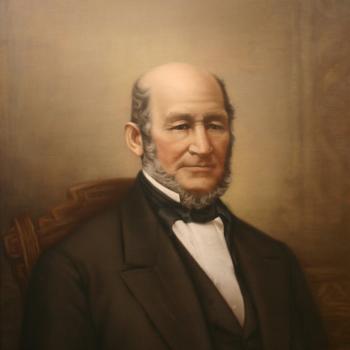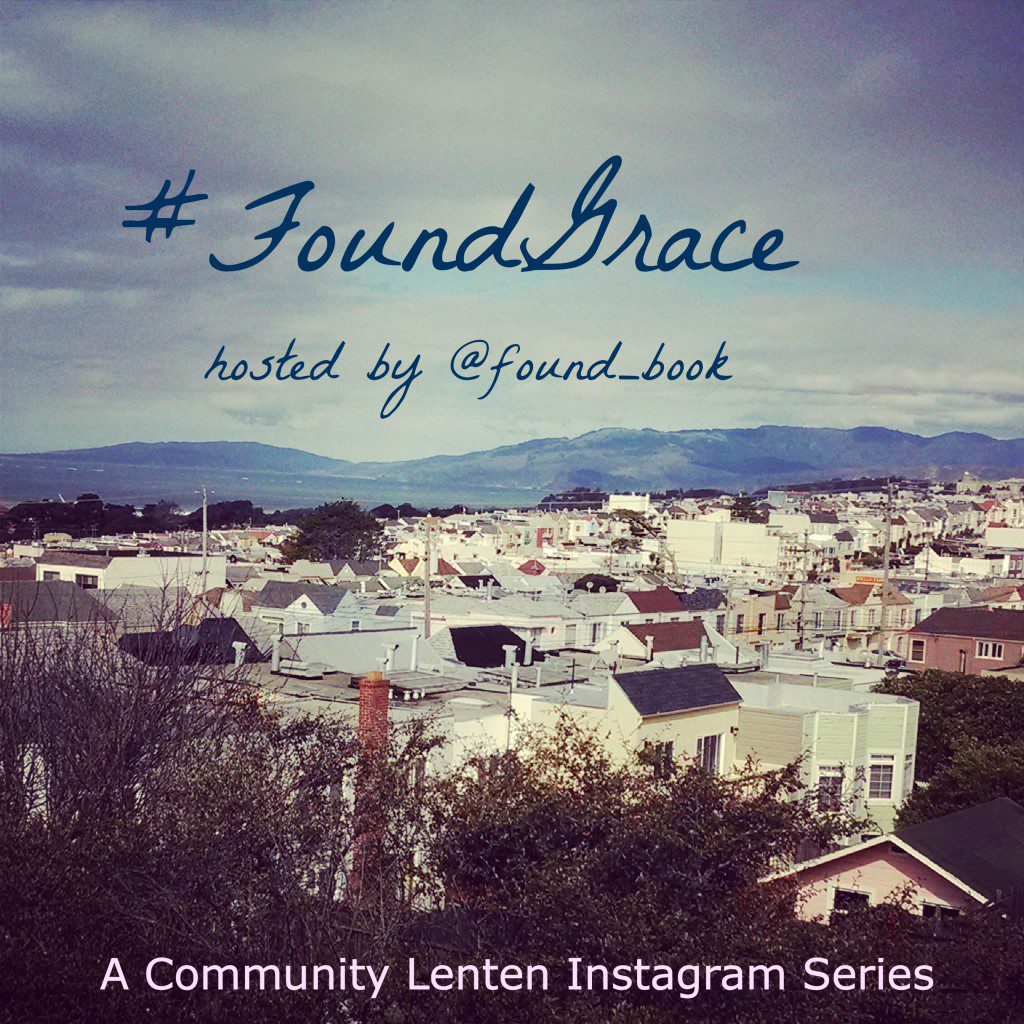You’re 16-years-old and the boy who kisses you beside the light blue Chevy Spectrum under the moon has berry-thick boy lips, his knuckles rough and cut from punching walls. He is all man, you think. And somewhat good. Becoming better. You hold hands and snuggle in the back of the church van on the way home from a praise and worship service on a Friday night in Oklahoma City. Before that, he tickled the inside of your arm outside under fireworks, side by side with friends around.
Why that boy likes you when he has dated the most beautiful, you don’t know. But you accept it, his face, his words a constant conversation in your mind through Algebra II, through American Lit.
How can four months be so long? So short?
It’s the night before New Year’s Eve when you call him and he’s distracted, girls laughing in the background of his house. Your friends, you realize. Your friends are at his house and he’s talking but not saying anything and you feel so confused until you realize he’s ending this. On the phone. He’s ending this. It’s dark in your room. You called him in bed and your phone is one of those 90’s beauties, clear with colored wires running through it, curly cord connecting the receiver to him, five miles away, where he laughs about you to your friends. And you stare at your phone as you close it, the phone, the line that held you to him.
Sixteen years old, and you lie in your bed in the dark begging God to love you because never have you felt so humiliated, so stupid for believing you were valuable. You weep in your pillow what feels like hours until you hear your brother come home, his door open across the hallway. Every thing in you begs to go to him. Tell him what’s broken. Hear him say that you matter. But the grief holds you bound. You can’t rise out of this bed. It’s yours for the night, girl.
So, like Jacob, you wrestle the angel who holds you there till morning. And the mark, the blessing, is the sound of God’s voice to your teenage ears. I love you I love you I love you. And this: Forgive him now because there’s more to this story. And in that night, you forgive. The wound is opened wide and into it God offers relief. “Listen,” God says. “You forgive from the softness of the wounded place. Forgive before it hardens.”
And so, five days later. When you force yourself to Sarah’s party where you know he’ll be, your eyes red from crying in the car in her driveway, he pulls you aside with Josie, one of your dearest of friends, to confess that they’ve been together behind your back. You suck in holy air. The sort of holy air that fills wide and hurts every inside part. The sort of holy air that wounds first so that you can forgive while tender.
Josie’s friendship goes the way of broken hearts though. She had loved you just as you loved her. Friday nights, the two of you had sung Wilson Phillips at the top of your lungs driving through Amarillo with nothing else to do but sing and talk and drink Sonic Oceanwater. And now she hates herself, you know, even as she dates him. Even as you watch them across the room in youth group and leave to sit in the bathroom, cry.
Forgiveness is a process and sometimes that process feels fully arrived at and sometimes five years later you stop and consider that night in your room, the Spirit beside you whispering love while the ache of rejection holds your body down. And you think, “How did Josie love me and still hurt me?” And you pray again to remember that confusion of being young and wanting to be loved. You pray again that you will forgive her.
So, when you open your Facebook 16 years later, the night after the funeral of a friend you all had loved as teenagers, a friend who had been at Sarah’s party that night, you’re shocked to find a message from Josie. A message asking for forgiveness. Life’s too short, she says. I always loved you, she says.
You’re at your parents’ house and it’s dark because your boys have gone to bed in the rooms that once belonged to your brother and you. Your parents are asleep. And you read her words that she loved you, that your friendship mattered to her, that all those nights laughing and shouting the harmonies to “Keep the Candle Burning” were not in your imagination. They were real and they mattered. And you’re crying in the living room, staring at your computer, your 16 year old self still aware of the ache of that loss. You go to the bathroom and stare at your 32 years face in the mirror, lines around the eyes, thinning cheeks. You cry and watch yourself and say, “God, what does this mean?”
What does it mean to forgive? You wonder, two hours later, 1 am, when your son cries out from a bad dream and you join him in bed in your former room, still decorated the same as it was 16 years ago, Josie’s face with a group of friends from high school framed in the corner. That night so long ago whispers to you while you tickle your son’s back. What does it mean to forgive?
The next night she picks you up from your parents’ house in her SUV at 9:30, after you’ve both put your respective kids to bed. And you drive to Starbucks. You tell her how you ended up in Syracuse, how you met Chris. You tell her about Young Life and writing and calling, about your kids.
She says, I’ve never regretted anything more in my life. And you believe her. And you listen to Wilson Phillips in the car and laugh about that boy and how he kissed. And grace wins.
Because grace is brave and it always wins.















